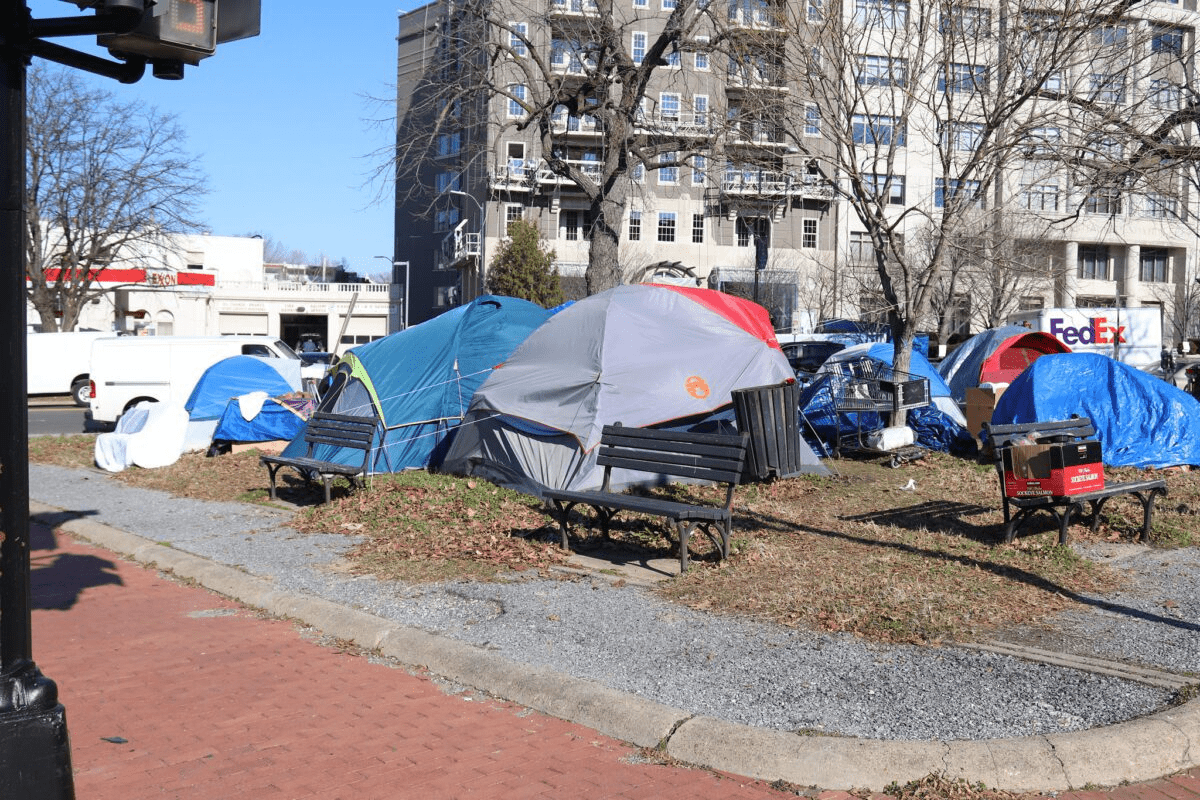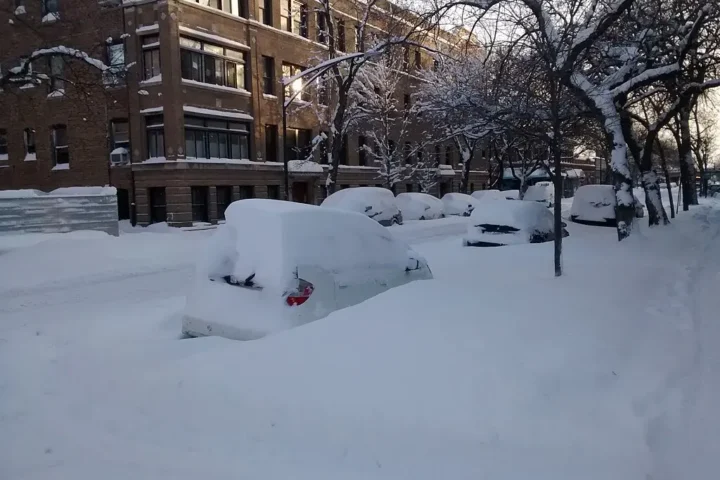California is facing a homelessness crisis that is getting worse despite the significant amount of money spent to address it. The state has spent nearly $10 billion between 2018 and 2021 to provide services to more than 571,000 people, each year helping more people than the previous year, but a majority of those Californians still remain unsheltered at the end of year three. The state’s Interagency Council on Homelessness issued a report that detailed the spending and outcome, but it did not address how the state can spend its money more effectively. Homelessness services are disjointed, spread among nine state agencies, hundreds of county and municipal governments, nonprofits, and charitable organizations. Assemblymember Luz Rivas has introduced a bill that would demand “tangible results” from local governments before they receive homelessness grants, mirroring an idea from the governor’s own budget proposal.
The report shows that California has spent $5.5 billion on housing between 2018 and 2021. Some of that spending has been more likely to lead people out of homelessness than others, with only 8% of the more than 75,000 people placed into permanent supportive housing ending up back on the street within six months. Despite the spending, the problem remains intractable, with the report noting that “One of the largest challenges facing the state is the inflow of new people into homelessness, even as efforts to help people experiencing homelessness expand.”
In Culver City, a new anti-camping ordinance has been met with fierce criticism from leaders and residents who say it will displace the most vulnerable to make way for gentrification in the rapidly changing city. Council members voted to ban tents and makeshift structures in public spaces, a step other nearby cities have tried only to be stopped by legal challenges. California is the epicenter of the nation’s homeless crisis, with more than 170,000 people living in tents and cars and sleeping outdoors on sidewalks and under highway overpasses. A 2018 federal court decision found that criminalizing homelessness, including prohibiting sleeping in public, violates the U.S. Constitution and amounts to “cruel and unusual punishment” if no shelter beds are available. Proponents of the ordinance say the city must stay in lockstep with surrounding communities to prevent more unhoused people from taking up residence on its streets. But opponents say the ordinance has been rushed and will criminalize already marginalized people, especially Black and Latino residents who are more likely to experience homelessness.
- HVAC carbon filter achieves 92.1% efficiency while cutting building energy costs 21.6%
- Fish gill filter catches 99.6% of microplastics washing machines send into sewage systems
- How Credit Applications Affect Your Credit Score
- 57 wind blades turn car park façade in Europe’s first turbine-built facility
- Building a Healthier Narrative
Homelessness policy experts across the state are responding to the report, which may provide some helpful hints about what’s working, what isn’t, and for whom. California lawmakers are calling for accountability and tangible results. An audit of the state’s homelessness spending has been requested, and many want to see the state’s money come with strings attached. The challenge facing the state is the inflow of new people into homelessness, even as efforts to help people experiencing homelessness expand. To solve the homelessness crisis, people must be moved into permanent housing or supportive housing that provides a long-term subsidized place to stay along with other on-site social services. The California State Legislature, local governments, and nonprofits must work together to address this complex problem, which affects every part of the state. There is no quick fix, but with increased accountability, more funding, and more effective spending, progress can be made in reducing homelessness.


















